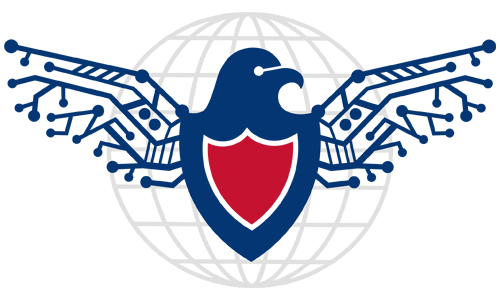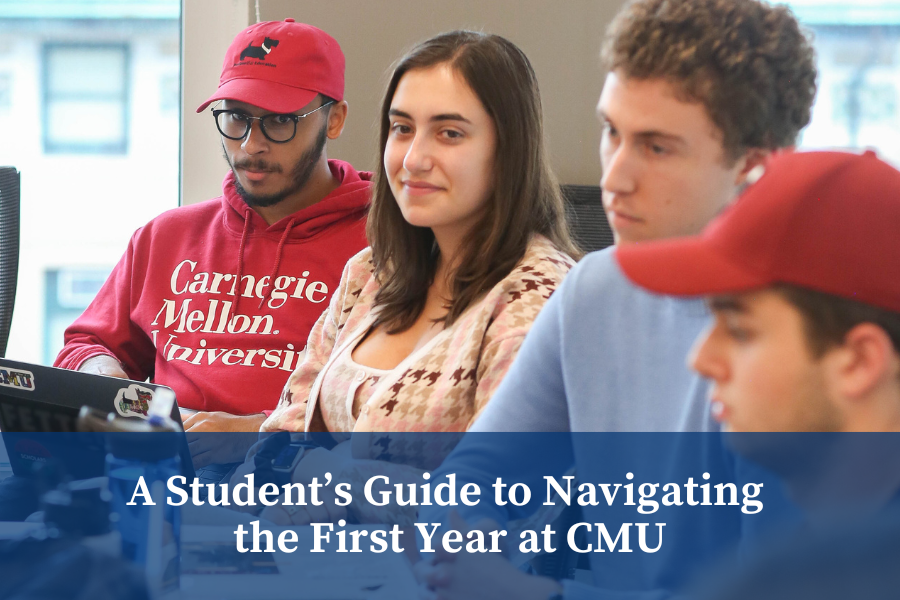
A Student’s Guide to Navigating the First Year at CMU
By Aleksaundra Handrinos
As the new academic year approaches, many Carnegie Mellon University (CMU) community members are preparing to return to familiar campus rhythms. However, students just beginning their CMU experience may be wondering where to start. As a rising senior studying ethics, history, and public policy (EHPP), as well as international relations and political science (IRPS), I aim to share some of my insights.
During my first year, I found it helpful to remember that there was no need to decide on a major or know my life’s plan immediately. For this very reason, students in Dietrich College of Humanities and Social Sciences have until the second semester of their sophomore year to declare a primary major.
Taking time to explore various majors helped to ensure that I found a course of study that best fit my interests. One tip for incoming first-years is to select courses that also count towards general education requirements when considering majors. Dietrich students are able to double count as many courses as they’d like between the major they ultimately select and the general education curriculum. This policy allows students the flexibility to take a range of courses while ensuring that they can still complete their degree requirements on time, should they choose to go in a different direction for their major.
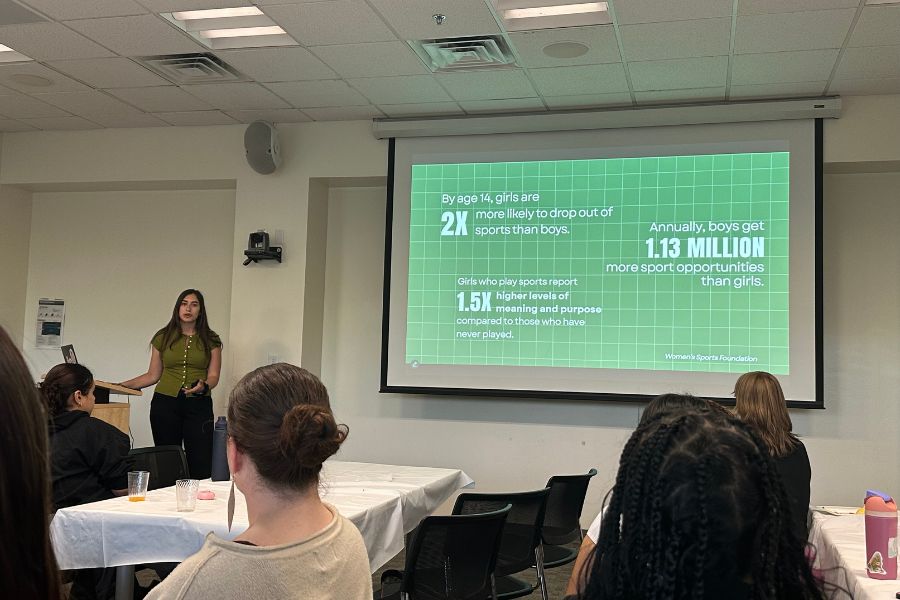
Many of the foundational courses in a given major fulfill general education requirements, and I found great benefit in taking several such courses offered through the Carnegie Mellon Institute for Strategy and Technology (CMIST). Since the courses have no prerequisites, they were the perfect introduction to political science and international relations at a collegiate level.
As a complement to the broader foundational courses, the exploration of interesting electives really helped me narrow down my studies. Although I had declared a major, I knew after taking two CMIST mini-electives that I wanted to declare an additional major in IRPS. These classes offered a deep dive into specific areas in the field, allowed me to tailor course selection to my personal interests, and ignited an interest in the subject that extended well beyond the conclusion of the course. I discovered, for example, my deep interest in analysis of international relations and current events, as well as my love for delivering executive-level briefs and writing memos. By pursuing two majors and a minor, I found a way to combine my interdisciplinary interests—a benefit of the design of most majors in Dietrich.
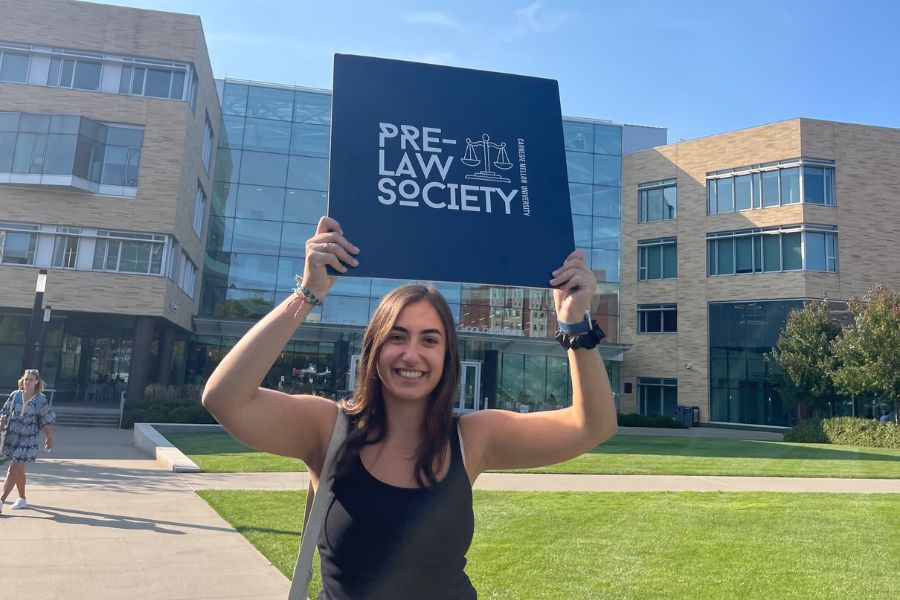
Another tip is to start planning for course registration as early as possible to take advantage of the many available resources. Advisors are often the best help for navigating degree requirements and assisting students in building optimal schedules. I have learned that by creating multiple planned schedules to compare in the student information online (SIO) platform and the Stellic Degree Audit Application, I can discuss these options with my advisors and gain helpful feedback and advice.
As students plan their schedules for the next semester, attending the social events hosted by Dietrich's departments are a must. CMIST offers Politics & Pie, an event that combines delicious pie with the chance to hear about course offerings for the upcoming semester directly from the faculty members who teach them. By attending the event, students also have the chance to chat with other students interested in similar subjects and courses.
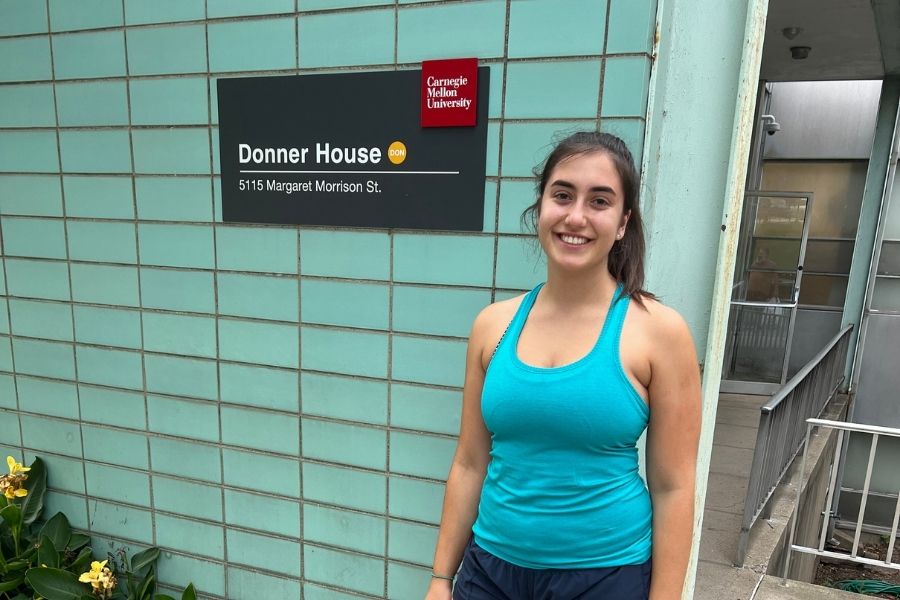
While course preview events offer a chance to speak with faculty members prior to registration, once the semester officially begins, office hours are a valuable resource for all students. This time with the course instructor is a great chance to seek clarification about coursework while also providing an opportunity to meet with classmates in a smaller setting. These connections build a greater sense of community among students who are likely to pursue similar academic paths. Additionally, I often learned more from the questions my peers asked during office hours than my own, since theirs revealed gaps in my knowledge or course material I had overlooked.
Undergraduate research, one of several opportunities offered for learning beyond the classroom, allows students to hone their interests, develop research skills and expertise, and connect with faculty members. One of the benefits of CMU is the chance to obtain this hands-on experience and involvement early on in the undergraduate journey through the Office of Undergraduate Research and Scholar Development and program-specific opportunities such as CMIST’s Undergraduate Research for Credit course.
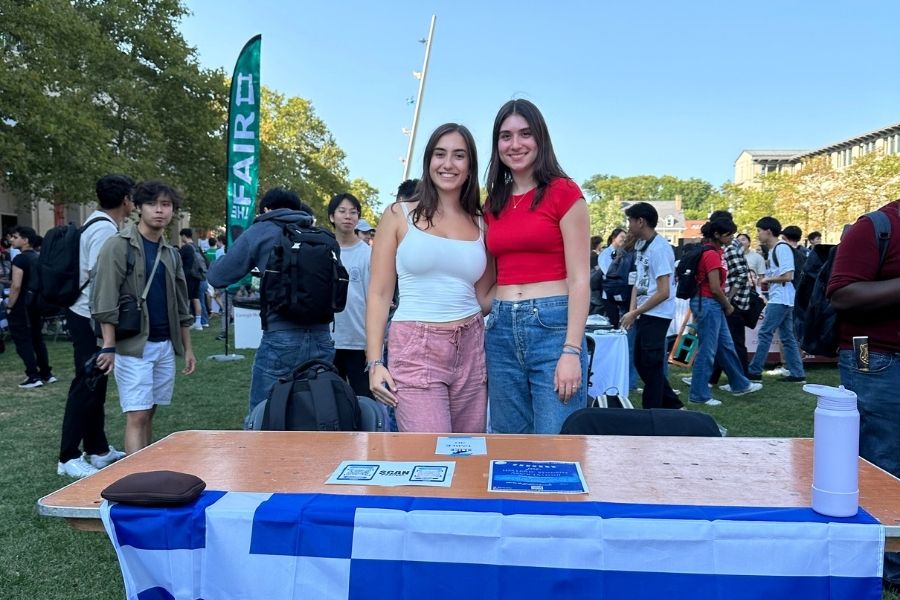
On a non-academic note, getting involved in student-run organizations and activities on campus truly enriches one’s time at CMU. The 350+ groups, ranging from professional to recreational, provide a chance to build community while having fun. To find those that best suited my interests, I found it helpful to attend the FAIR at the beginning of the semester and browse TartanConnect online for information about officially recognized organizations. If a student sees a gap in the existing organizations, they can even start their own.
My first year at CMU at times feels like it was yesterday, and yet, in moments of reflection, I realize how much I have grown since I arrived in Pittsburgh three years ago. The start of my time here came with a range of emotions as I acclimated to a new chapter in my life. However, one thing that I heard from others, but didn’t truly understand then, is that the time spent at CMU is special and it passes quickly. If there is only one piece of advice I could give to an incoming student, it would be to make the most of the experience, knowing that the CMU community is here to offer support along the way.
(Image 1: Aleksaundra gives a presentation for her Community Engagement Fellowship Capstone; Image 2: Aleksaundra promotes the Pre-Law Society student organization outside of Tepper; Image 3: outside of Donner House; Image 4, left: tabling at FAIR for a student organization she co-founded)
